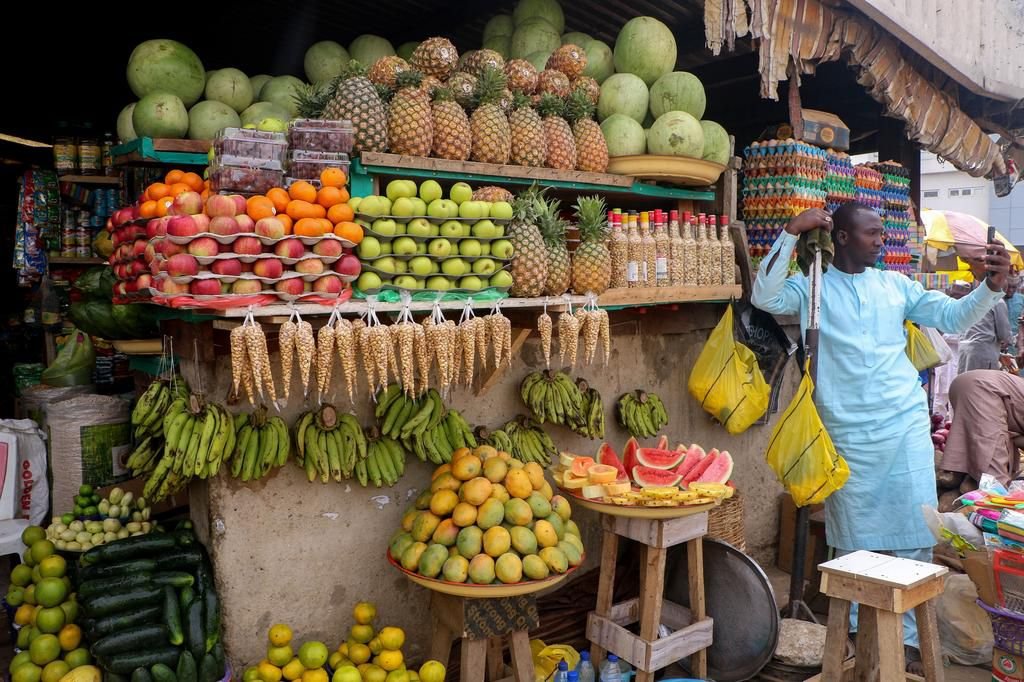The National Agricultural Development Fund (NADF) has signed a Memorandum of Understanding (MoU) with key partners to launch a 50-hectare all-season demonstration farm at the Sabke Dam in Katsina State.
This project, many say, is a major step towards utilising the dam infrastructure for all-year-round agriculture.
The partnership, signed during a formal ceremony attended by the Governor of Katsina State, Dikko Radda, lawmakers, the Sokoto Rima River Basin Authority, and private sector stakeholders including OCP Africa and The Infrastructure Bank, sets out a collaborative framework for the farm’s development.
The MoU defines clear roles and responsibilities for NADF, OCP Africa, the Katsina State Government (KTSG), and the Sokoto Rima River Basin Development Authority (SRRBDA).
The Executive Secretary of NADF, Mohammed Ibrahim, in his remarks, noted that the agreement is a concrete outcome of a strategic public-private partnership aimed at demonstrating the commercial viability of all-season agriculture using Sabke Dam’s irrigation infrastructure.
Speaking at the event, Ibrahim described the initiative as a proof of concept to show how water infrastructure can be optimised for modern agriculture.
He revealed that following a visit to Katsina State, the NADF decided to take concrete steps by first funding “very bankable technical and commercial feasibility for the optimisation of this dam.”
“While that is ongoing, private partners came to us knocking to say we are also interested in seeing how this place can be optimised. And that is why we are here today,” he added.
The farm will feature four staple crops — maize, sorghum, cowpea and soybeans — and serve as a live demonstration site covering the entire agricultural value chain, from land preparation to seed selection, soil nutrition, crop management, harvesting, post-harvest handling, and market access.
“This model farm will showcase an outline of everything from proper land preparation through to seed genetics, plant nutrition, harvest and post-harvest, and hopefully a go-to market strategy,” Ibrahim said. He, however, commended the Katsina State Government for providing a supportive investment environment.
“We would like to express our heartfelt appreciation, not only for receiving us, but for making an investment-ready climate. The Katsina State Government is providing land clearing, mechanization and farm management support for this project,” he noted.
Ibrahim also highlighted the roles of the other partners. OCP Africa, as technical manager, has completed a full soil mapping of the Sabke Dam irrigable area and will lead the development of custom fertiliser blends aligned with specific soil and crop types.
“OCP has done a complete soil mapping and will now utilise that to showcase how blends should be put where they are in tandem with soil and crop type,” Ibrahim stated.
The Infrastructure Bank is acting as a financier for key inputs, while NADF will serve as the overall project manager.
Ibrahim was optimistic about the project’s potential to become a replicable model. “When the studies are out, we will not only have a reputable bankable study, but we will have a model on the ground to showcase,” he said.
While expressing support for the initiative, Governor Radda said: “When the idea of the project was introduced to me, I quickly jumped into it, given the fact that the chain of benefits it will have on the economy of our state and on the livelihood of our people,” he said.
He emphasised the importance of continuous agricultural activity: “We want to have activities in that project all year round, so that we keep our people busy, we keep our facilities busy, and we optimize the use of the resources spent to build that very big dam that has been left fallow for a very long time.”
Dr Alik Orevaoghene of OCP Africa said the farm would serve as a hub for capacity building. “The farm serves as a platform for teaching and for training smallholder farmers on good agronomic practices,” he said.
According to the MoU, OCP is also expected to provide quality fertilisers for the farm and for any out-grower schemes.
Abubakar Malam, Managing Director of SRRBDA, hailed the effort as a revival of dormant infrastructure.
CREDIT – Nairametrics









